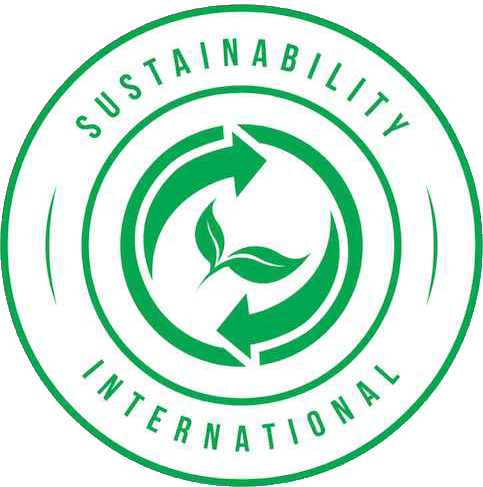What Should You Include in Your Sustainability Policy?
How Should You Define Sustainability for Your Business?
Sustainability is the ability to meet our present needs without compromising future generations needs by preserving and protecting our ecosystems and natural resources.

The concept of sustainability describes a condition in which human use of natural resources, required for the continuation of life, is in balance with Nature’s ability to replenish them.
Why do You Need a Business Sustainability Policy?
With the green movement in full swing, many companies have put together a Sustainability Policy to show how they are doing their part in making sustainability a core mission within their organization. You may see a Sustainability Policy on a company’s website or the organization may simply state that they have one.
Either way putting together a Sustainability Policy is good idea and it will not only help you focus on what you can do to make your company more ‘green’ but can bring to mind some of the ways that your company has been wasteful in the past.
4 Steps to Writing a Successful Business Sustainability Policy
- Examine every company process to incorporate sustainability practices with minimal process impact.
- Eliminate wastefulness in your business processes.
- Work toward electricity, energy, and water savings in your business practices.?
- Encourage employees to think green for their everyday work transportation decisions.
Embrace all Practical Green Business Practices
- Replace most light bulbs with low energy light bulbs like LED’s or CFL’s
- Make it a practice to turn off lights when you leave a room that isn’t being used
- Use coffee cups that can be washed and reused instead of paper cups
- Purchase paper products made out of recycled material
- Offer employees the opportunity to work from home once a week
- Offer incentives for employees to ride the bus or join a carpool
Once you have all your ideas together and have decided that they are ‘doable’ you can write up your policy. Remember that your Sustainability Policy should be simple and easy to understand.
Here is a Great Example of a Sustainability Policy
Press8 Telecom Sustainability Policy recognizes that businesses can have a negative impact on the environment. Press8 is committed to finding ways in which they can reduce the impact of their work both in the office and when work takes them away from the office.
It is Press8 Telecom policy to:
- Recycle as much waste material as possible
- Avoid the use of paper wherever possible. For example, sending invoices and quotes via email as PDF files.
- Recycling equipment that is no longer of use to the company. For example, giving away items such as computers and printers that we no longer use.
- Keep energy usage low. For example, making use of low energy light bulbs throughout and ensuring that computers are shut down after work.
- Reuse waste paper from printers where possible, making use of the blank side for notes etc.
- Purchase products made with recycled paper. For example, paper towels, printer paper
- Purchase products with a lower environmental impact. For example environmentally safe soaps and detergents.
- Use low impact transport for travel to and from work and travel for business. For example, we use public transport to attend meetings and offer a Cycle Scheme to encourage staff to cycle to work or to carpool.
- Avoid unnecessary travel by making use of instant messaging, video and audio conferencing, telephone and email.
Write a Comprehensive Sustainability Policy for Your Business
Sit down today and write your own Business Sustainability Policy. Make it available in your work area and on your website. Re-visit it at least once a year to explore new ways to decrease your company’s carbon footprint.
Embrace Your Business Sustainability
It may require a few sacrifices, however it’s the right thing to do. It’s good for our environment and good for your business.
Calculate Your Carbon Footprint
If you would like to calculate your Carbon Footprint, follow the link to the free carbon footprint calculator of the United States Environmental Protection Agency.








